Featured Research
-

Public support for democracy endures in Venezuela
The collapse of the party system and high levels of crime and corruption in Venezuela have not dimmed public support for democracy in that country, according to a survey by the Latin American Public Opinion Project at Vanderbilt. Read MoreMar 12, 2013
-

Christian Science Monitor: Latin America’s second-largest economy lags in digital accessibility
Barely 17 percent have Internet access at home, according to the latest figures of the Americas Barometer, a survey by Vanderbilt University’s Latin American Public Opinion Project. Although the digital divide – the gap between those who can afford access and those who can’t – has narrowed in recent years, progress has been slow and Mexico still finds itself well below its peers. Read MoreMar 6, 2013
-

CSI: Milky Way
Two astronomers from Vanderbilt and Georgia Tech, sharing a car after a snowstorm canceled their flights home from a conference, put together everything they had learned at the conference during that snowy drive and worked out that a collision between two black holes could explain most of what is known of a violent episode in the Milky Way's past. Read MoreMar 6, 2013
-
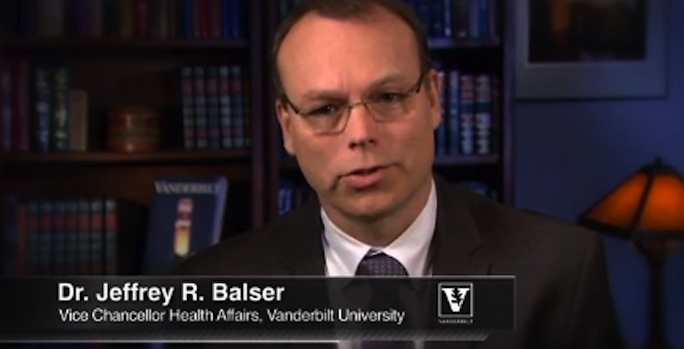
Dr. Jeffrey R. Balser: Stop the Sequester
The vital partnership between NIH and Vanderbilt – reproduced at universities all around the country – supports thousands of brilliant minds from all around the world. Sequestration will discourage a generation of young people from even considering a career in research. Read MoreMar 5, 2013
-
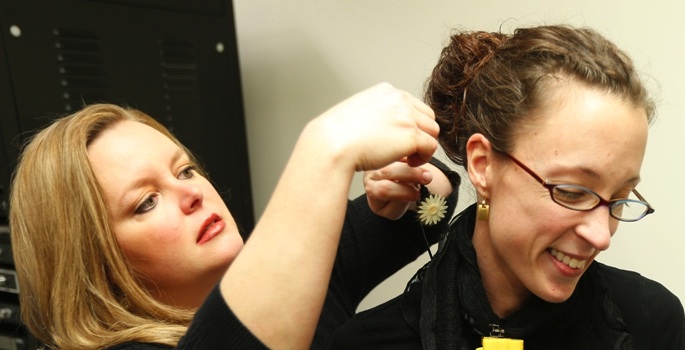
High Fidelity: Cochlear implant users report dramatically better hearing with new Vanderbilt process
Longtime cochlear implant users are reporting such dramatic improvements in their hearing, thanks to new image-guided programming methods developed by Vanderbilt University researchers. Read MoreMar 5, 2013
-

Power of the press: Can the media influence voting behavior of legislators? New Vanderbilt research says “yes.”
Whether politicians and the press seem like friend or foe, elected officials regularly use news outlets to share and defend their views to the public. New research from Vanderbilt University finds certain media actually influenced the voting behavior of politicians. Read MoreFeb 28, 2013
-

Potent genetic risk factor for breast cancer identified
Researchers at Vanderbilt University have found a powerful new genetic risk factor for breast cancer. Read MoreFeb 28, 2013
-

Your Universe Today podcast: Supermassive Black Holes (Part 3)
Kelly Holley-Bockelmann, assistant professor of astronomy and physics, wraps up this three-part podcast series with an interview about her specialty, supermassive black holes. Read MoreFeb 27, 2013
-

Circadian clock linked to obesity, diabetes and heart attacks
Disruption in the body’s circadian rhythm can lead not only to obesity, but can also increase the risk of diabetes and heart disease. That is the conclusion of the first study to show definitively that insulin activity is controlled by the body’s circadian biological clock. Read MoreFeb 21, 2013
-
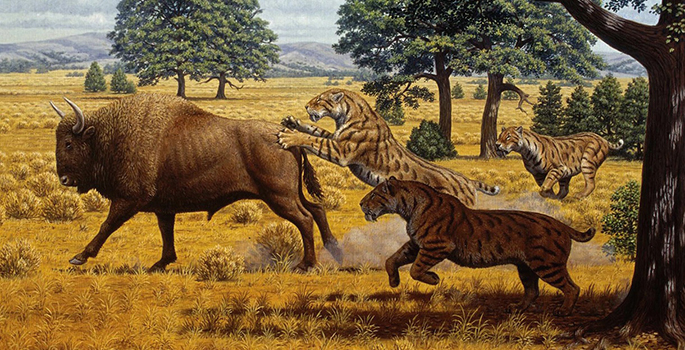
Academic Minute: Larisa DeSantis on “Megafauna diets and extinction”
In today’s Academic Minute, Dr. Larisa DeSantis of Vanderbilt University reveals what North America’s largest predators were eating just before they died out. Read MoreFeb 18, 2013
-
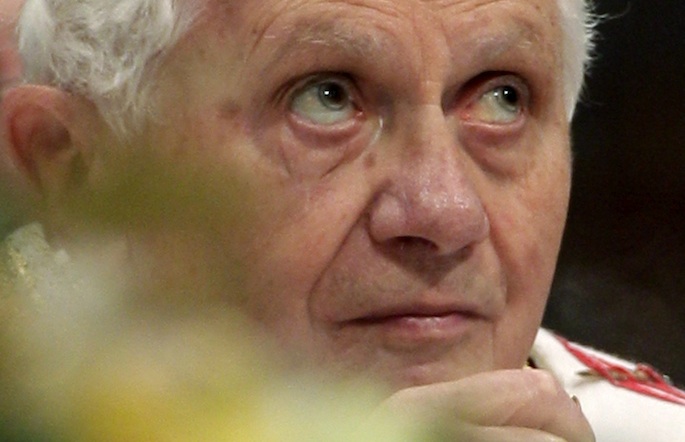
Watch: Pope Benedict’s surprise exit enhances legacy
Pope Benedict XVI's unexpected resignation will raise his stature among Catholics, even among those who sharply disagree with his policies, according to Vanderbilt Divinity School's Bruce Morrill. Read MoreFeb 18, 2013
-

‘Snooze button’ on biological clocks improves cell adaptability
(iStock) The circadian clocks that control and influence dozens of basic biological processes have an unexpected “snooze button” that helps cells adapt to changes in their environment. A study by Vanderbilt University researchers published online Feb. 17 by the journal Nature provides compelling new evidence that at least some species… Read MoreFeb 17, 2013
-
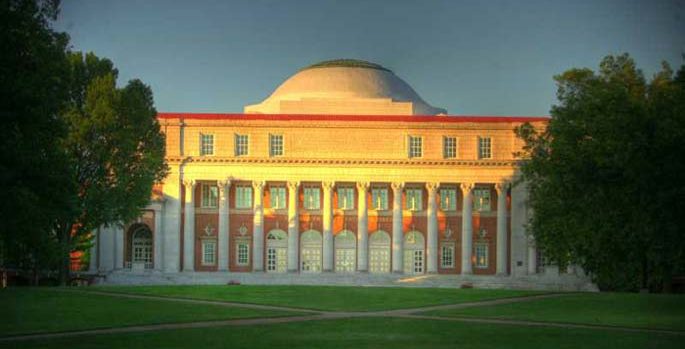
Study: Frequent moves hinder child’s early education
The rising tide of homelessness and mobility among low-income students poses a serious challenge for educators and policy makers at every level, according to researcher Beth Shinn, a professor of Human and Organizational Development at Peabody. Read MoreFeb 15, 2013
-

Diverse Issues in Education: Supporting underserved populations in higher education
Stella Flores, assistant professor of higher education, was interviewed about how institutions of higher learning can better support underserved populations. Read MoreFeb 14, 2013
-

Zeppos urges Congress to prioritize research universities and academic medical centers
Chancellor Nicholas S. Zeppos spent Feb. 12 and 13 in Washington, D.C., meeting with congressional leaders and making the case for federal investments in science and engineering research and education. Read MoreFeb 14, 2013
-
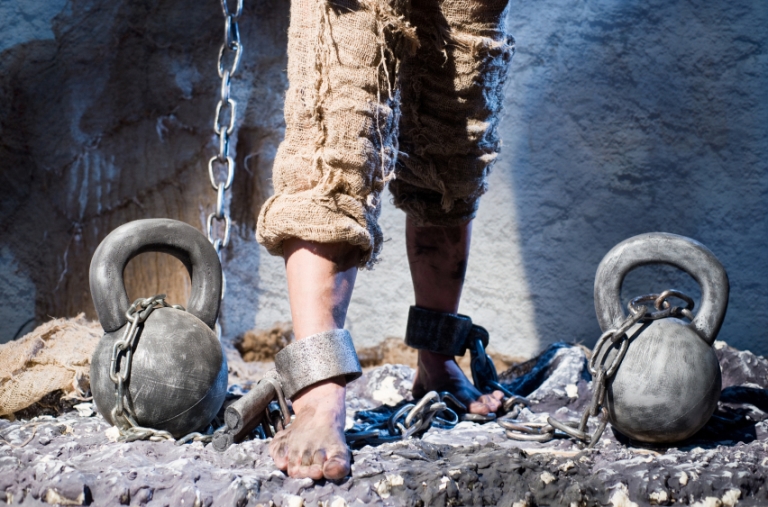
What a prison sentence continues to take after release
New research shows that every year spent in prison lowers overall life expectancy two years. Read MoreFeb 5, 2013
-
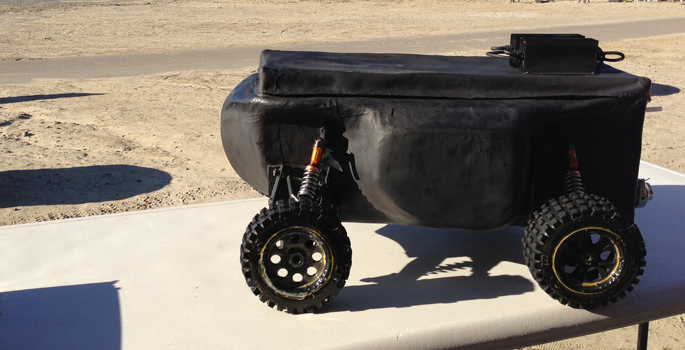
Vanderbilt student team competes in amphibious vehicle race
A team of engineering undergraduates designed and built a one-fifth-scale model of an amphibious vehicle that competed successfully in a national competition sponsored by the Defense Advanced Research Project Agency held in mid-January. Read MoreJan 31, 2013
-

Congresswomen in minority party more effective than male counterparts
Research by Vanderbilt political science professor Alan Wiseman and his coauthors find women in Congress in the minority party are more effective than their male counterparts when it comes to introducing and negotiating bills, spurring action on those bills, and ultimately seeing them become law. Read MoreJan 29, 2013
-

Your Universe Today podcast: How stars die and black holes form (Part 2)
Kelly Holley-Bockelmann, assistant professor of astronomy, continues her discussion of black holes in the second part of this interview for Red Orbit. Read MoreJan 28, 2013
-

New tool for mining bacterial genome for novel drugs
Vanderbilt biochemists have discovered that the process bacteria undergo when they become drug resistant can act as a powerful tool for drug discovery. Read MoreJan 25, 2013